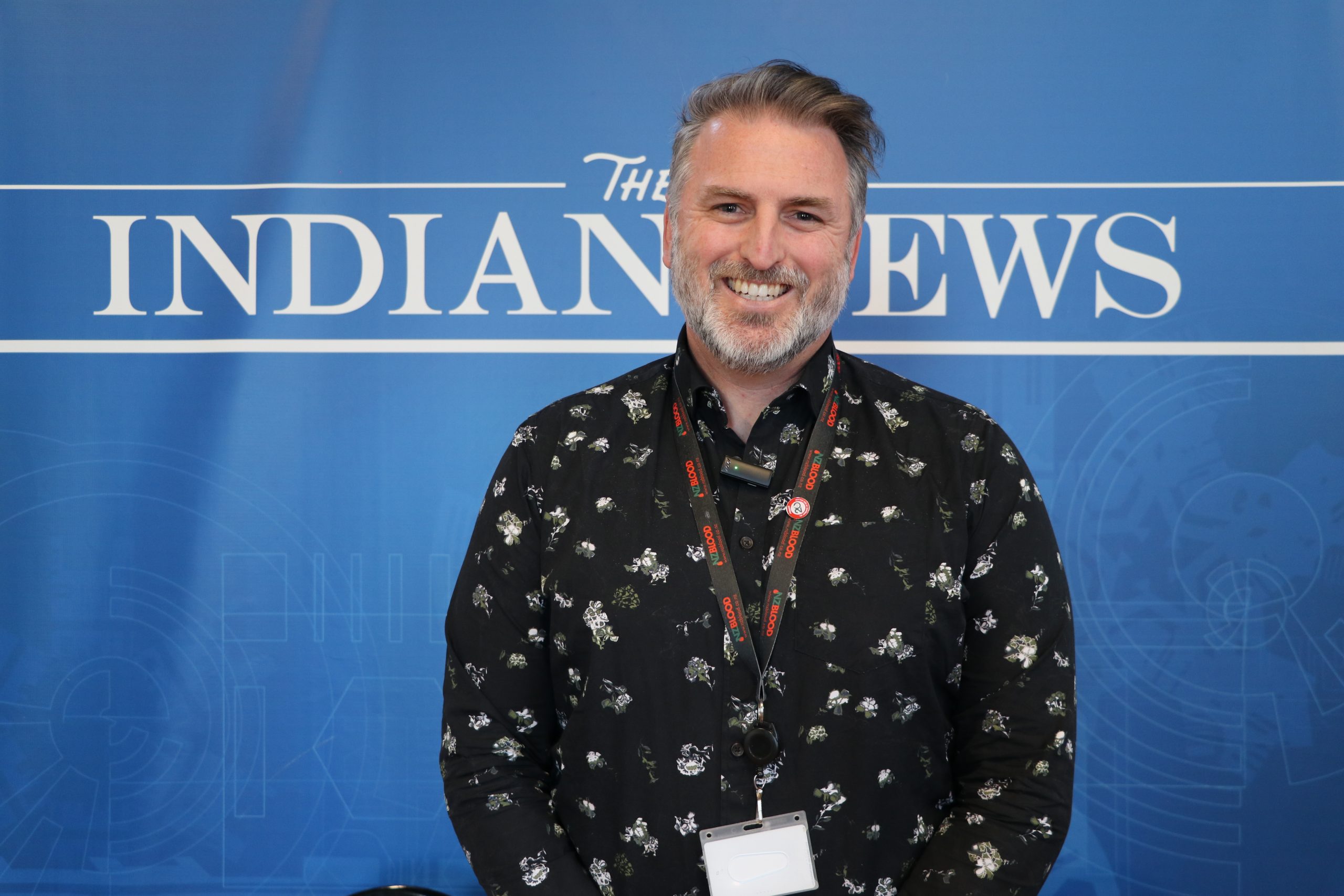NZ Blood Service is classified as a Public Benefit Entity with a primary objective to support New Zealand Healthcare community through managing the collection, processing and supply of blood, controlled human substances and related services. NZBS is committed to maintaining a system of blood collection based on the principle of voluntary, unpaid blood donation. This is recognised as the first and one of the most important mechanisms by which the safety of the blood supply is assured.
The continued support and commitment of blood donors is essential to the success of NZBS’s services provided to the healthcare community. This is achieved by the implementation of consistent national standards for the assessment of donors and for the collection process. National consistency must however not detract from the maintenance and development of local community links. This aspect is seen to be particularly important in New Zealand and is a major factor influencing the activities of collection management.
In an exclusive interview with The Indian News, Scott Sinclair, Donor Relations at NZ Blood Services was all praise for donors from the Indian community and he answered all questions and sceptics regarding Plasma donation. On being asked about what Plasma is and how its separate from blood, Scott explained our blood is made of three essential components red blood cell. platelets and white blood cells. Plasma is the largest part in the blood that makes up more than half (about 55%) of its overall content. When rest separated from rest of the blood, Plasma is a light-yellow liquid. Plasma carries water, salt and enzymes. The main role of Plasma is to take nutrients, hormones and proteins to the parts of the body that need it. Cells also put their waste products into the plasma and plasma then helps remove this waste from the body. Blood plasma also carries all parts of the blood through the circulatory system.
Scott explained why Plasma is so important to save human lives and in human blood, Plasma is the most important component hence called gold component in our blood. It’s used for crucial human treatments such as chemotherapy, kidney transplant, to treat burn victims, and to treat major blood losses. Scott further explained these days Plasma is used more often in case of autoimmune disorders where a person’s immune system is unable to defend itself against bacteria and virus attack and treating such person with drugs made with plasma help increase the immunity and save life.
Plasma donation is different from normal blood donation, in a Plasma donation whole blood is taken out from the body and Plasma is separated out of it through machines. After separating Plasma from the blood, the remaining red cell/blood is put back to the donor’s body. Hence there is no actual blood loss or deficiency to blood donor, but this process takes a little longer since taking blood out, separating the plasma from it and putting blood back into donor takes around 40 minutes. A Plasma donor can simply walk out of the door after Plasma donation and there is no symptoms of fatigue or weakness. In fact, since the red cell blood is put back to donor’s body so even people with iron deficiency can donate Plasma without any fear of their wellbeing.
While Scott was all praise for the people from Indian community for their wholehearted support for such an important human cause but still a lot more needs to be done. Scott appealed for more people from all communities to come forward to donate plasma as one small act of kindness may help save precious lives. Plasma donation is not just an act of kindness but a great service to the community. Scott appealed to all to come and donate Plasma at Balmoral Community Centre where a second Plasma Donation Drive will be held from Monday 22 July to Friday 26 July. For any further information please contact NZ Blood Services on 0800 GIVE BLOOD (0800 448 325). -Yugal Parashar


